Unpredictable relationship between Pakistan and Iran
By Mahvish Akhtar
Iran and Pakistan have had a turbulent relationship which cannot be judged on what is taking
place most recently. Late President Raisi’s last visit was very positive and Tehran-Islamabad
relations were on the right track. Pakistan had made deals to open trade for farmers, including
many other goods.
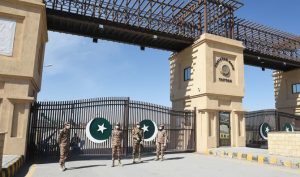
However, many factors at the border needed to be handled with great care. After President
Raisi’s tragic death, all the unknowns surrounding his accident put a halt to the progress between
the two countries.
Earlier this month The Balochistan Liberation Army (BLA) launched a coordinated attack in
Mach, a town in Pakistan’s Balochistan province. BLA is a separatist group that believes that
Pakistan’s Federal government is not as concerned about Baluchistan as it should be so they
demand that Balochistan should be given autonomy. They often have skirmishes with the
Pakistan army and Balochistan police. They are considered a terrorist organization by the
Pakistani government.
The people of Balochistan have been suffering because of this civil war-like situation. Islamabad
claims that BLA has been taking sanctuary across the border. Pakistani security officials say that
the attack this month was quickly repelled, though some Baloch media disputes that claim.
The air strikes in January of 2024 were the most intense incident these neighboring countries
have had with one another in a very long time. Since the issue was not directly between the
governments the countries were able to settle the problem without a bigger incident. Pakistan’s
foreign minister Jalil Abbas Jilani said, “The two countries agreed to fight terrorism in their
respective areas and establish a system of consultations at the level of the foreign ministers to
oversee progress across sectors.”
Iran’s foreign minister Hossein Amir-Abdollahian, also communicated the same message, that,
“the two countries had a good understanding, and that there have never been territorial
differences or wars between Iran and Pakistan.”
Just over a week after the strikes, unidentified gunmen killed nine Pakistani laborers in Iran near
its border with Pakistan. Even if Iran and Pakistan want to de-escalate, further attacks by
militants on both sides make it more and more difficult.
On the Pakistan side, there is the BLA which Pakistan claims has hideouts in Iran and is being
armed and trained in Iran. Then there is Jaysh al-Adl (JAA) which is a Sunni Militant group
based in Iran’s Sistan-Balochistan Province. This province borders with Pakistan. JAA wants
independence for Iran’s eastern Sistan and Pakistan’s southwestern Baluchistan provinces. Jaysh
al-Adl means The Army of Justice. These goals make it a common problem for both
governments.
The members of JAA are from the ethnic Baluch community and live on both sides of the border.
Islamabad says that the group has no organized presence in the province or anywhere else in the
country, however, the Pakistani federal government also does not make any promises about any
militants that might be hiding in Balochistan, which is the country’s largest province by area and
the most sensitive because of a long-running insurgency.
According to AP News Pakistan’s Balochistan Province and Iran’s Sistan-Balochistan separatists
and nationalists complain of discrimination and want a fairer share of their province’s resources
and wealth.
These groups have been a cause of ongoing tensions that have been growing in recent years.
Pakistan blames Iran for backing the BLA to gain its footing against JLA in Pakistan. Iran has
always been suspicious of Pakistan’s connections and activities since Iran is a primarily Shia
country and Pakistan is a Sunni-dominant country. Tehran sees JLA’s loyalties towards Pakistan
because of this religious connection as well. Iran feels that it is easy for Pakistan to be a
recruiting ground for the Iranian militant group.
The Shia-Sunni conflict has fueled many fights in both countries and has made Iran, Pakistan,
and Afghanistan hostile grounds for all parties at one time or another. Iran is a predominantly
Shia country and Pakistan is a predominantly Sunni country. these secretariate differences could
mean alliances could shift in the direction of the splinter group that the country considers
terrorists and is after the country’s sovereignty.
Both countries have borders attached to Afghanistan as well. Tehreek-e-Taliban Pakistan (TTP)
is a product of the Taliban that is now ruling Afghanistan. While the Afghan government takes
no responsibility for TTP’s claim to be a faction of the Taliban working in Pakistan. The TTP
says that they believe in the Taliban’s mission and allegedly want to bring the same change in
Pakistan as the Afghan Taliban have achieved in Afghanistan.
TTP is a Sunni Muslim organization that is listed as a terrorist organization in Pakistan and
internationally. In that sense, its eradication is a common goal for both Pakistan and Iran. A
defense mechanism against Afghanistan would also make sense for Iran and Pakistan.
At the same time, Afghanistan is an agriculturally rich country so trying to create some stability
in the relationship with Kabul might be smart since it is always wise to have an economically
stable neighbor. However, Afghanistan has had a strong bond with India since India has been a
major contributor to Afghanistan’s rehabilitation after the West sanctioned the Taliban and
refused to accept their government.
A Pakistani Analyst writes that Pakistan has to move very carefully in terms of the recent tension
between Israel and Iran. As these tensions grow and the U.S. and Israel decide to get pro-active
in their efforts to counter Iran’s hostility towards Israel, Islamabad will have some tough
decisions to make.
Just like Israel and its allies needed Egyptian and Jordanian airspace to deal with Iran last time,
this time they might need Pakistan. We have seen this happen to Pakistan many times before.
This is how Afghanistan, once an ally became a cautious neighbor at best and a friend to our
enemies at worst.
Military bases on the ground, secret service operatives, private contractors, of course with that
comes Islamic terrorist groups, weapons dealers, and much more. The Pakistani government is in
no position to refuse because these are the people who are keeping the economy of the country
afloat. Islamabad needs to keep one or two neighboring countries on its good side. Iran and
China are Pakistan’s best bet; their interests align, and both these countries are not dependent on
Israel and its allies.






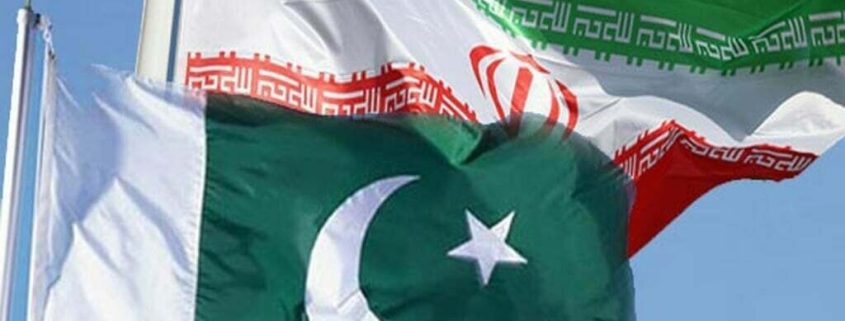
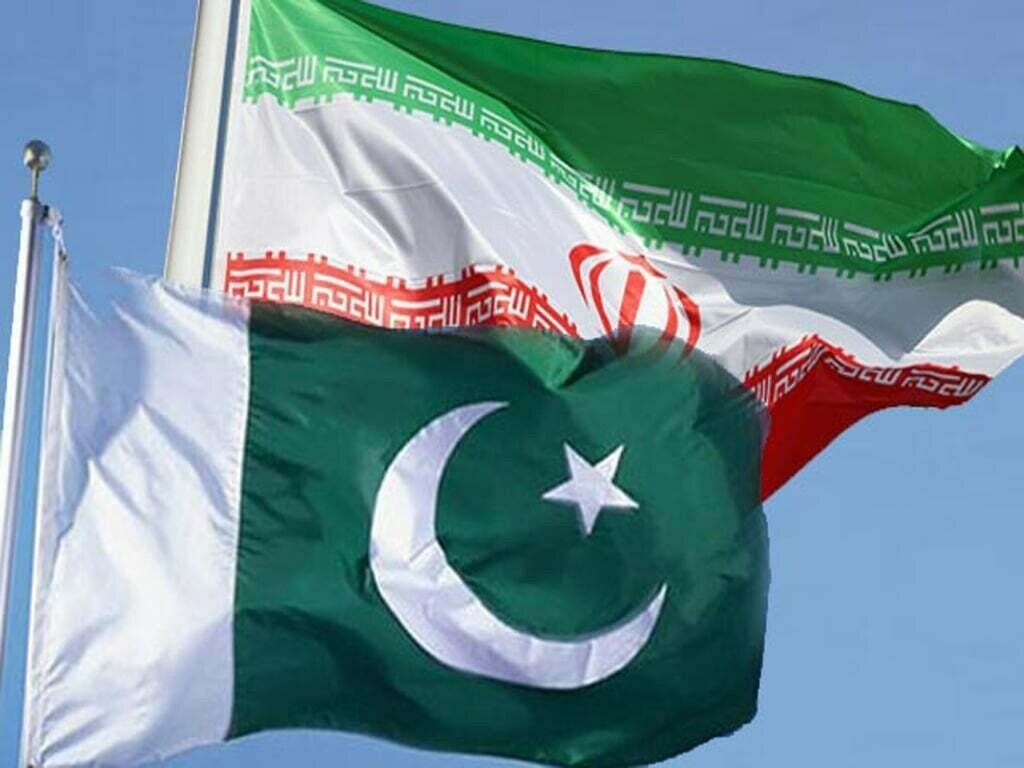




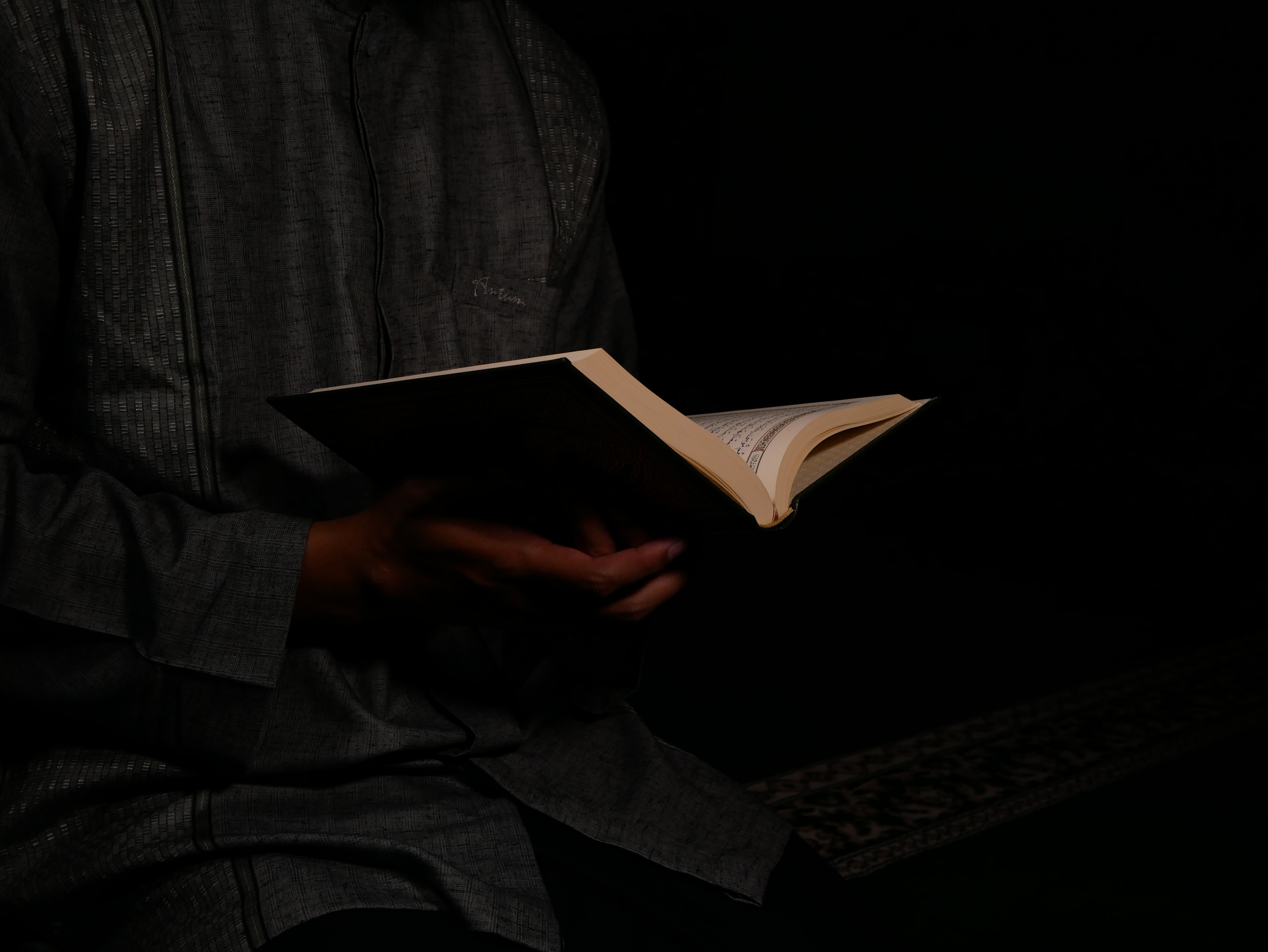
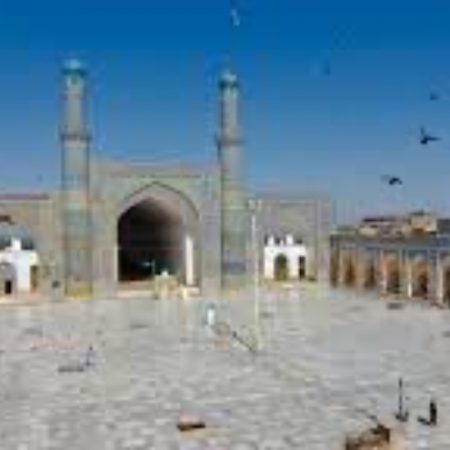







2024
1,541 views
views
0
comments